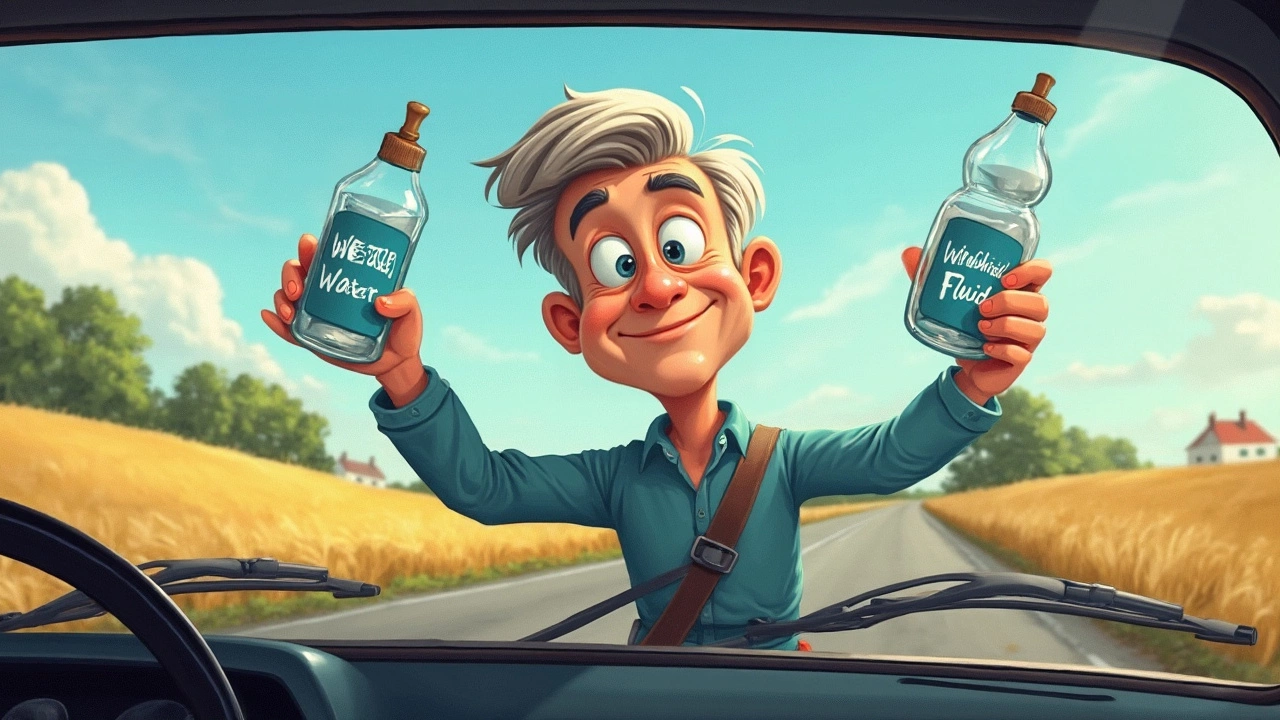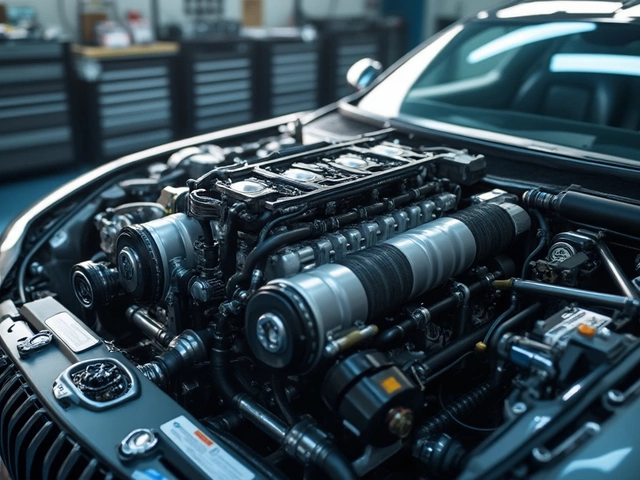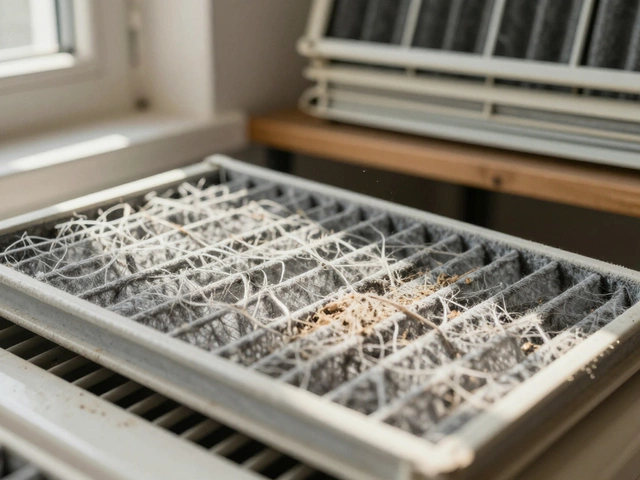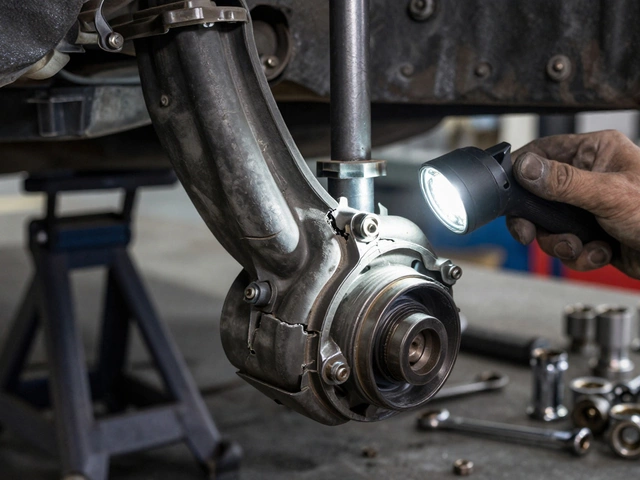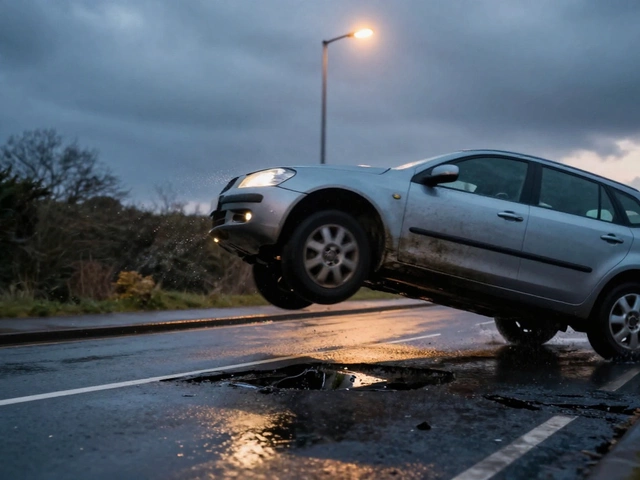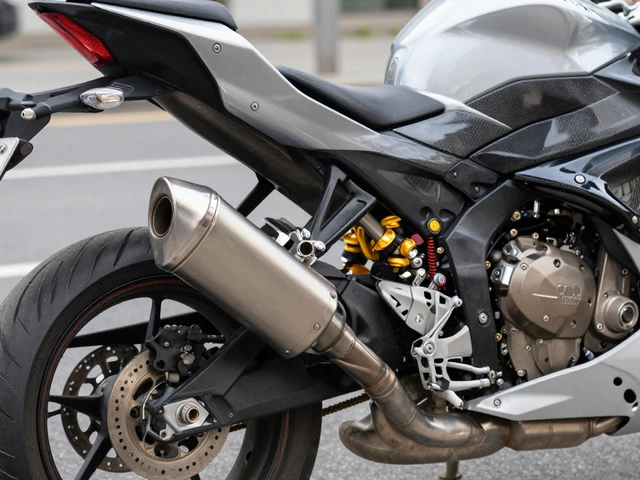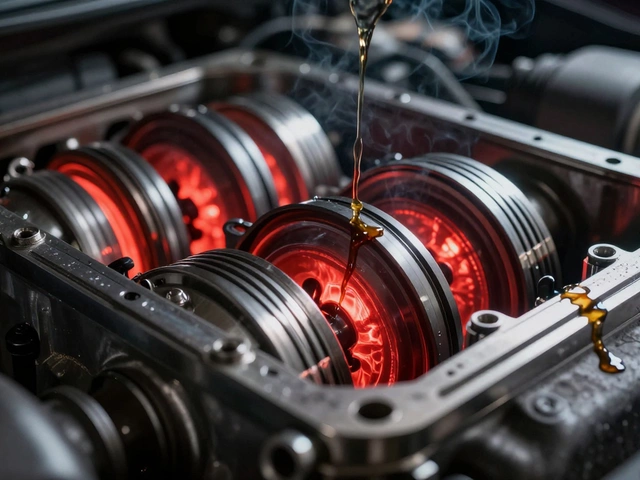Ever run out of windshield wiper fluid and thought, 'Can I just use water instead?' Well, you're not the only one. But before you grab that garden hose, let's break down if it's a good idea.
Sure, water's the easy choice—it's everywhere, and it's free. But hold up. There’s a reason why that blue stuff in the bottle is marketed as the solution for clean windshields. Regular windshield wiper fluid usually contains cleaning agents that help break down dirt, bugs, and grime in a way water just can't.
There's more to it than just cleaning. Windshield wiper fluid also prevents freezing issues. If you live in a place where winter is fierce, water can freeze on your windshield, turning your visibility into a nightmare.
Think using just water is fine because you live in a warm area? There could still be problems, like minerals in tap water that could leave deposits or streaks. Your windshield might end up looking worse than before!
So, what's the takeaway? While using water might work temporarily, it's not the best habit for taking care of your car in the long run. Stick with the proper stuff for the best results.
- The Pros and Cons of Using Water
- How Windshield Wiper Fluid Protects Your Car
- Water and Visibility: Safety First
- Smart Tips for Windshield Care
The Pros and Cons of Using Water
Okay, let’s get into it. Using water instead of windshield wiper fluid seems like a no-brainer at first. It’s cheap, available pretty much everywhere, and does a decent job in a pinch, especially if you’re low on options. But there’s more to it. Let's look at both sides of the coin.
Pros of Using Water
- Cost-Effective: Water is free or at least way cheaper than buying a bottle of wiper fluid, and who doesn't like saving money?
- Environmentally Friendly: No chemicals, just good old H2O, especially if you're pouring out any leftover water into plants or your yard.
- Accessibility: You’re never really far from grabbing some water, whether it’s from a tap or a bottle in your trunk.
Cons of Using Water
- Freezing Issues: If you're in cold climates, water can freeze in your wiper system or on the windshield itself, rendering it useless when you need it most.
- Lack of Cleaning Agents: Unlike windshield wiper fluid, water alone doesn’t break down bugs, bird droppings, or road grime effectively.
- Possible Damage: Tap water might contain minerals that can clog your car’s system over time with deposits, leading to streaks or worse—no spray action at all.
So, what's the bottom line? Using water might be okay short-term, but it's not the smartest move for long-term car maintenance. Stick to designated wiper fluid when you can. Your car will thank you, and so will your view of the road!
How Windshield Wiper Fluid Protects Your Car
There's more to that blue stuff than meets the eye. Windshield wiper fluid isn't just about keeping things clean—it's a crucial part of your car's maintenance. Let's break it down.
More Than Just a Cleaner
Wiper fluid is packed with special cleaning agents that can tackle road grime, bird droppings, tree sap, and even the occasional bug splatter. Water alone just doesn't have the muscle to get rid of these tough stains. Trust me, it matters when you're cruising down the highway, especially at night when the glare can make things worse.
Prevents Freezing
Imagine being stuck in the thick of winter. It's snowed overnight, and you hop into your car, only to find that the liquid in your windshield tank is frozen solid because you used plain water. Nobody has time for that! Most commercial wiper fluids are designed with anti-freeze components, so they keep on flowing even when it's icy out.
Safe for Your Car's Bits and Bobs
Windscreen wipers and the pump system aren't built to handle minerals in tap water. Over time, those minerals can clog the system or leave unsightly streaks that impair your vision. Ever seen a dusty film on your windshield after a spray? That's your tap water's minerals having their undesired effect.
Repels Water
Some wiper fluids have added water-repellent properties. When applied, this can help water bead off your windshield during rain, improving visibility. It’s like having invisible armor against rainfall!
So, there you have it. Windshield wiper fluid does a lot more than you might think. Investing in the right kind can improve visibility, prolong the lifespan of your wiper system, and keep your windshield in top condition for all your drives.
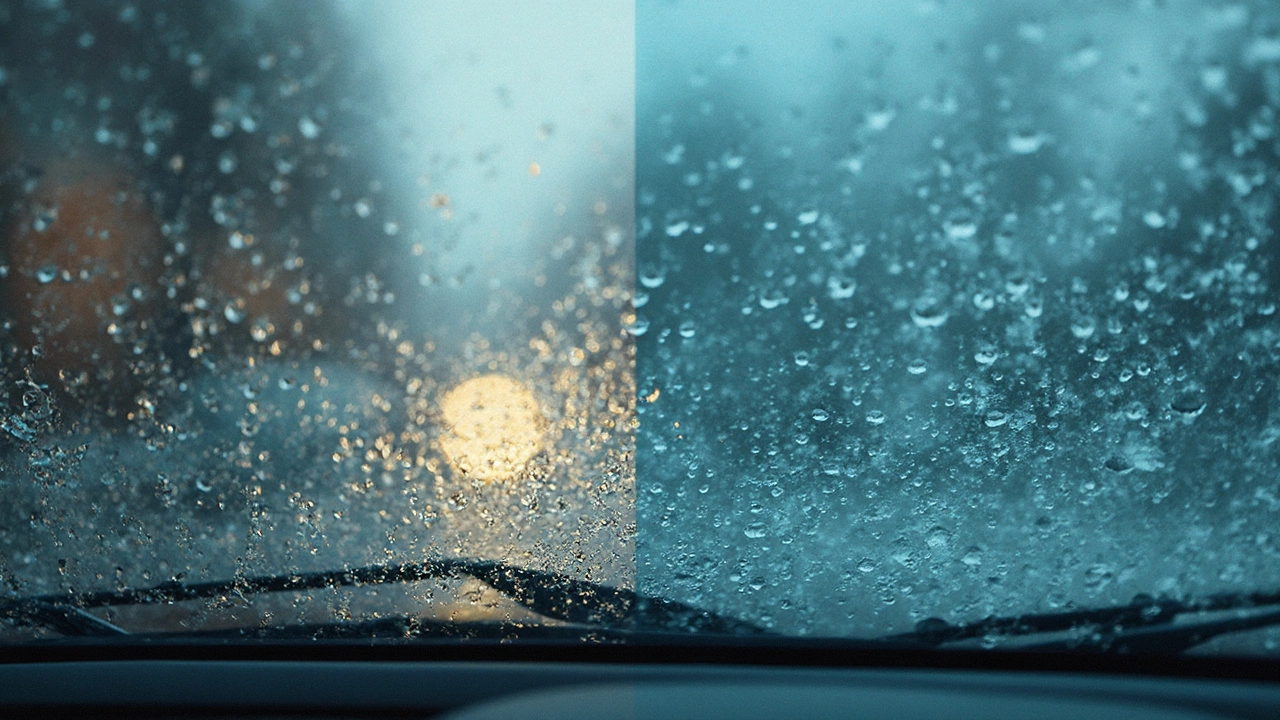
Water and Visibility: Safety First
When it comes to visibility, using water instead of windshield wiper fluid isn't the best move. Let's talk about why.
First off, imagine cruising down the highway, a truck sprays some dirty water, and you hit the washers—just water sprays out. Next thing you know, you've got a muddy windshield with streaks everywhere. Without those special cleaning agents found in typical wiper fluid, water alone struggles to break down road grime, bird droppings, or dead bugs.
Water in Cold Weather: A Risk
If freezing temperatures are common where you live, pouring water into the washer tank could spell trouble. Water freezes at 32°F (0°C), but most wiper fluids include antifreeze components that keep the liquid moving even when it's chilly. Imagine trying to clean your windshield just to find out the water froze inside the lines!
Water Quality: Minerals and More
What about warm regions? You might think you're in the clear, but tap water often contains minerals. Over time, these can leave deposits, causing the windshield to look cloudy or streaked. Hard water can be a real thing, especially in urban areas.
Here's a quick comparison of water versus windshield wiper fluid:
| Aspect | Water | Wiper Fluid |
|---|---|---|
| Cleaning Ability | Poor | High |
| Freezing Point | 32°F (0°C) | Below 32°F (variable) |
| Mineral Deposits | Possible | None |
The bottom line? Keeping your windshield crystal clear isn't just about looks—it's a safety thing. Before you think about swapping in water, make sure you’re weighing the visible impacts it might have.
Smart Tips for Windshield Care
Keeping your windshield in tip-top shape is not just about aesthetics—it's a safety game-changer. Here are some practical tips to make sure your windshield is always fresh and clean, and that it stays strong over time.
Regular Cleaning
It might sound basic, but cleaning your windshield regularly can do wonders. Dirt and grime can scratch your glass over time, reducing visibility. Use a proper glass cleaner designed for cars to avoid streaks. You wouldn't want to turn a sunny day into squinting trouble.
Check the Wipers
Your windshield wipers are the unsung heroes here. If they’re worn out, they might leave streaks or, worse, scratch your glass. Inspect them every few months and replace them if they look frayed or brittle. New wipers are cheaper than a new windshield!
Avoid Sudden Temperature Changes
Glass doesn’t like sudden shifts in temperature. If you’ve parked in the sun or have ice on your windshield, don’t crank the defrost on high right away. Gradually adjust your car’s temperature to avoid stressing the glass, which could lead to cracks.
Invest in Quality Wiper Fluid
The right windshield wiper fluid can make all the difference. Not only does it help remove bugs and grime better than plain old water, but it often contains anti-freeze components to help in chillier climates. Keep that reservoir topped off!
Mind the Distance
When you’re driving, try to keep a reasonable gap between you and the car ahead, especially if it’s a truck. This helps avoid chips from kicked-up debris that can turn into cracks over time.
Inspect for Damage
A small chip might not seem like a big deal, but it can grow if you ignore it. Regularly check for any signs of damage and get it repaired sooner rather than later. Many insurance policies even cover chip repairs because they know it’s better than a replacement.
Bonus: Rain Repellent
Using a rain repellent can be a game-changer, especially in wet climates. It disperses rainwater, improving visibility during downpours.
These smart tips can help you maintain your windshield for years and keep you safer on the road. It's all about regular care and a little foresight.
